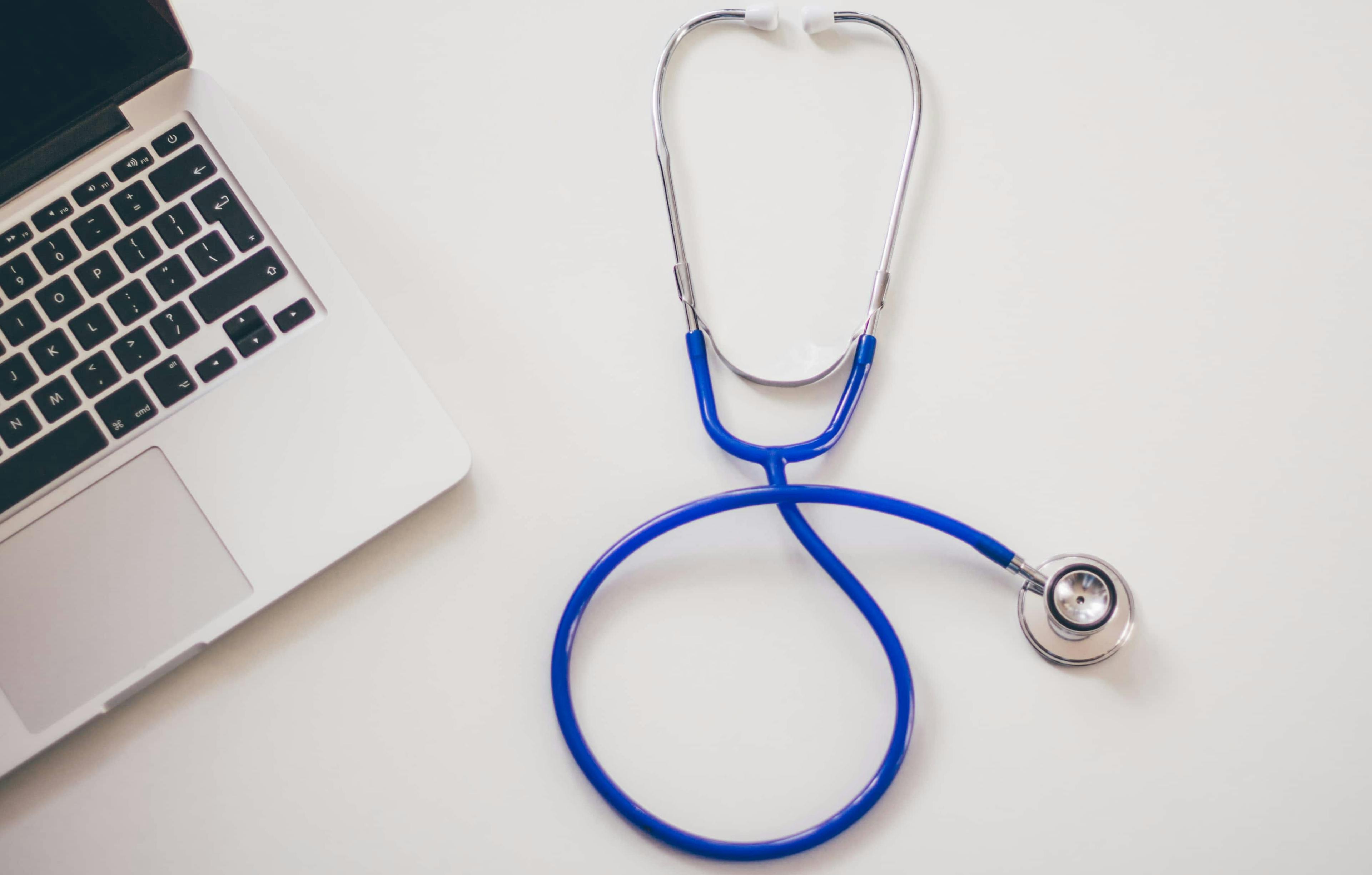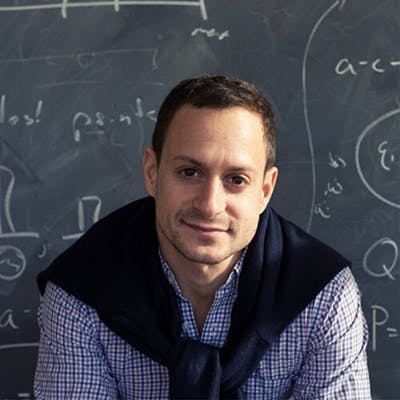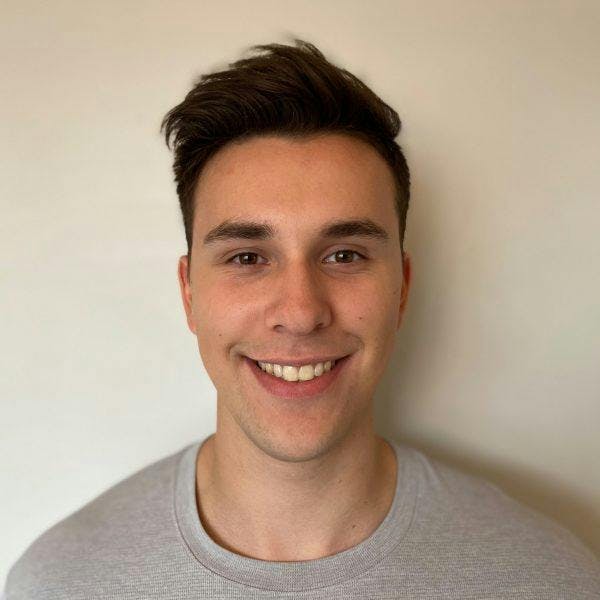Using Digital Health Support And Behavioral Science Principles To Help Treat Tuberculosis
Foreword
At TDL, our role is to translate science. This article is part of a series on cutting edge research that has the potential to create positive social impact. While the research is inherently specific, we believe that the insights gleaned from each piece in this series are relevant to behavioral science practitioners in many different fields. As a socially conscious applied research firm, we are always looking for ways to translate science into impact. If you would like to chat with us about a potential collaboration, feel free to contact us.
Introduction
Behavioral science insights can profoundly impact health outcomes — from encouraging prosocial handwashing behaviors during a pandemic to increasing the number of individuals who sign up for health insurance. As a socially-conscious applied research firm, TDL is interested in using empathy, technology, and design-thinking to promote better outcomes in many aspects of society, from health to education to the economic empowerment of disadvantaged groups. To amplify these impacts even further, leveraging digital tools to create health solutions can scale and achieve these desired outcomes more cost-effectively than traditional interventions.
The Decision Lab reached out to Dr. Erez Yoeli of MIT to learn more about his work on a project involving digital health tools for Tuberculosis (TB) patients and the future direction of similar areas of research in behavioral science.
Dr. Yoeli is a research associate at MIT’s Sloan School of Management and co-director of the Applied Cooperation Team (ACT), a team of researchers that applies insights from the social sciences towards increasing contributions to real-world public goods.
In this study, Dr. Yoeli and a multidisciplinary team of researchers developed a behavioral science informed digital health platform that provided TB patients with support and increased adherence to treatment plans.
A full version of the paper is available here: https://www.nejm.org/doi/full/10.1056/NEJMc1806550
Behavioral Science, Democratized
We make 35,000 decisions each day, often in environments that aren’t conducive to making sound choices.
At TDL, we work with organizations in the public and private sectors—from new startups, to governments, to established players like the Gates Foundation—to debias decision-making and create better outcomes for everyone.
Interview
Julian: What is the focus of your research?
Dr. Yoeli: My research focuses on altruism — understanding how it works and how to promote it. I collaborate with governments, non-profits, and companies to apply these insights to address real-world challenges like improving antibiotic adherence, reducing smoking in public places, increasing energy conservation, and promoting philanthropy.
Julian: What process did you follow for this piece of research?
Dr. Yoeli: Tuberculosis is the world’s deadliest infectious disease. It kills roughly 2 million people each year despite the fact that it has had an effective cure since the mid-1940s. Unfortunately, this cure requires a long treatment (6+ months), during which patients are required to take a strong antibiotic on a daily basis and return to a clinic for regular (typically weekly) visits.
Many patients, quite reasonably, stop this treatment prematurely with the hopes that they are cured. Unfortunately, they often are not by the time they stop, and this can result in the transmission of TB to others in their communities as well as the development of drug resistance. A further problem arises as the consequences of this resistance are borne not by the individual, but by the community as a whole.
We believed that individuals needed better support motivation to consider the consequences that ceasing treatment has on their communities. We built a digital health platform based on principles from behavioral science for this purpose.
The platform’s three guiding behavioral principles were:
- Increase accountability
- Reduce plausible deniability
- Normalize adherence
Each morning, the platform would send patients a reminder to take their medication and to log in and verify that they’d done so. If patients failed to verify, they’d receive another reminder an hour later, and then an additional reminder an hour after that.
The AI Governance Challenge
If at this point patients still did not verify that they took their medicine, they were classified as non-adherent, and a team of supporters would contact them by text or phone. There are also some additional features that the platform offers: occasional motivational texts, the ability to chat with supporters at any time, information about TB, and a bit of gamification that further amplifies feelings of accountability.
Behavioral science principles played a key role in informing the platform’s design. For instance, by insisting on verification — which might at first seem like it’s burdensome for the user — we killed two birds with one stone: We generated accountability and eliminated plausible excuses like ‘I didn’t see the reminder’ or ‘My phone battery was dead.’
Julian: What did you end up finding out?
Dr. Yoeli: We tested the platform in a year-long field trial with roughly 1,100 TB patients in Nairobi, Kenya. One-half of the patients were supported via the platform (the treatment group), while the other half continued to receive the standard of care with no changes (the control group). Amongst the control group, roughly 13% failed to complete their treatment, a number that is typical of Nairobi. Amongst the treatment group, though, only 4.3% failed to complete treatment, a two-thirds reduction — the greatest such reduction in the literature to date. The platform helped those with higher non-completion rates (men and patients who are co-infected with HIV) the most, bringing their non-completion rates down nearly to the same level of everyone else.
Julian: How do you think this is relevant to an applied setting?
Dr. Yoeli: Medication adherence is an important and difficult problem for a range of diseases throughout the world. Most people think of this as a problem for the patient, but we think it is helpful to focus the individual’s attention on the implications of adherence for their community. Behavioral science can then be used to successfully motivate individuals to be more adherent and to take into account the impacts of their actions on others.
Julian: What are some exciting directions for research stemming from your study?
Dr. Yoeli: We’re currently wrapping up a three-year follow up involving roughly 20% of Kenya’s TB patients throughout the country. We’ve also adapted the platform for HIV patients, and are gearing up to test it in South Africa. And, we’re incorporating a bit of Artificial Intelligence to help prioritize support to make sure our team of supporters reach out to those who need the most help.
We are always excited to work with new partners. If you have a project in health, sustainability, philanthropy, or any other field with which you could use some help, don’t hesitate to reach out by emailing me at eyoeli@mit.edu.
About the Authors
Erez Yoeli
Dr. Yoeli is a research associate at MIT’s Sloan School of Management and co-director of the Applied Cooperation Team (ACT), a team of researchers that applies insights from the social sciences towards increasing contributions to real-world public goods. He designs and tests large-scale interventions to promote altruistic behaviors such as charitable donations, volunteering, resource conservation, and medication adherence. Dr. Yoeli has worked as a researcher at Harvard University’s Program for Evolutionary Dynamics and Yale University’s Human Cooperation Laboratory. He holds a Ph.D. in Economics and an MBA from the Booth School of Business at the University of Chicago.
Julian Hazell
Julian is passionate about understanding human behavior by analyzing the data behind the decisions that individuals make. He is also interested in communicating social science insights to the public, particularly at the intersection of behavioral science, microeconomics, and data science. Before joining The Decision Lab, he was an economics editor at Graphite Publications, a Montreal-based publication for creative and analytical thought. He has written about various economic topics ranging from carbon pricing to the impact of political institutions on economic performance. Julian graduated from McGill University with a Bachelor of Arts in Economics and Management.




